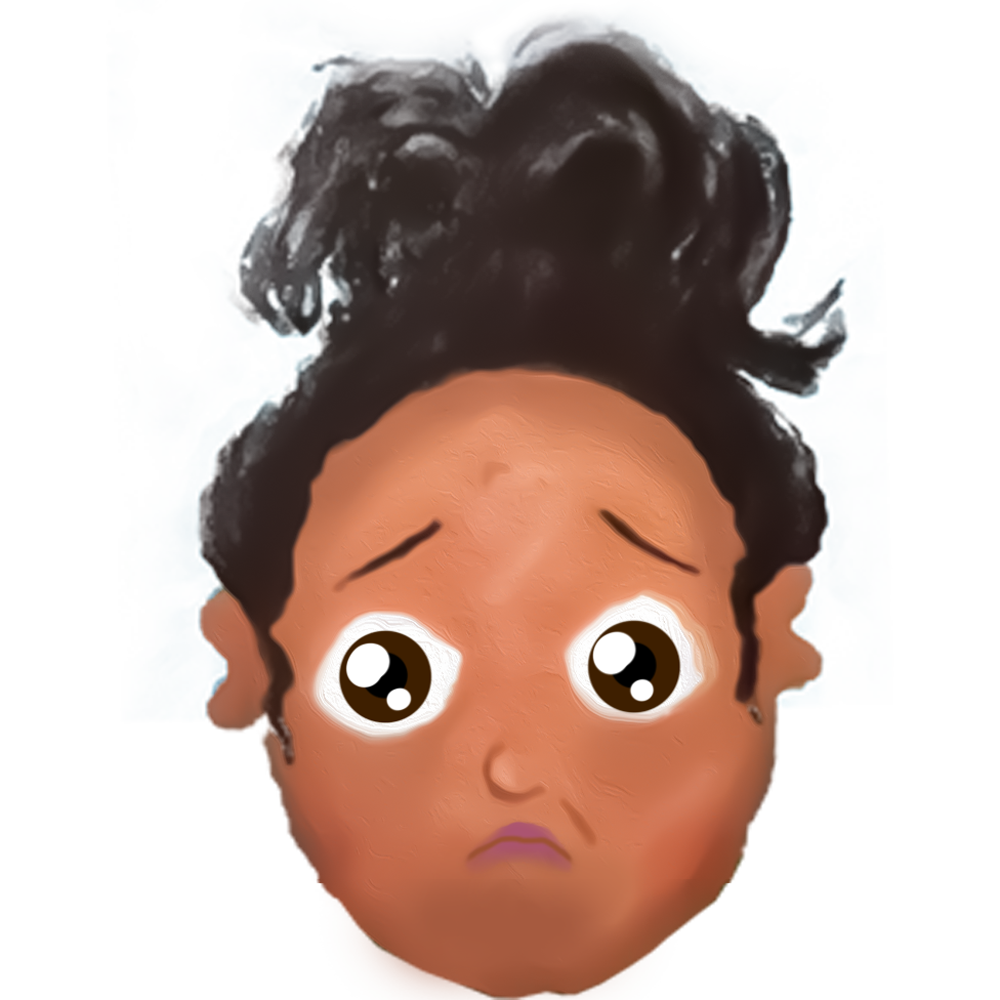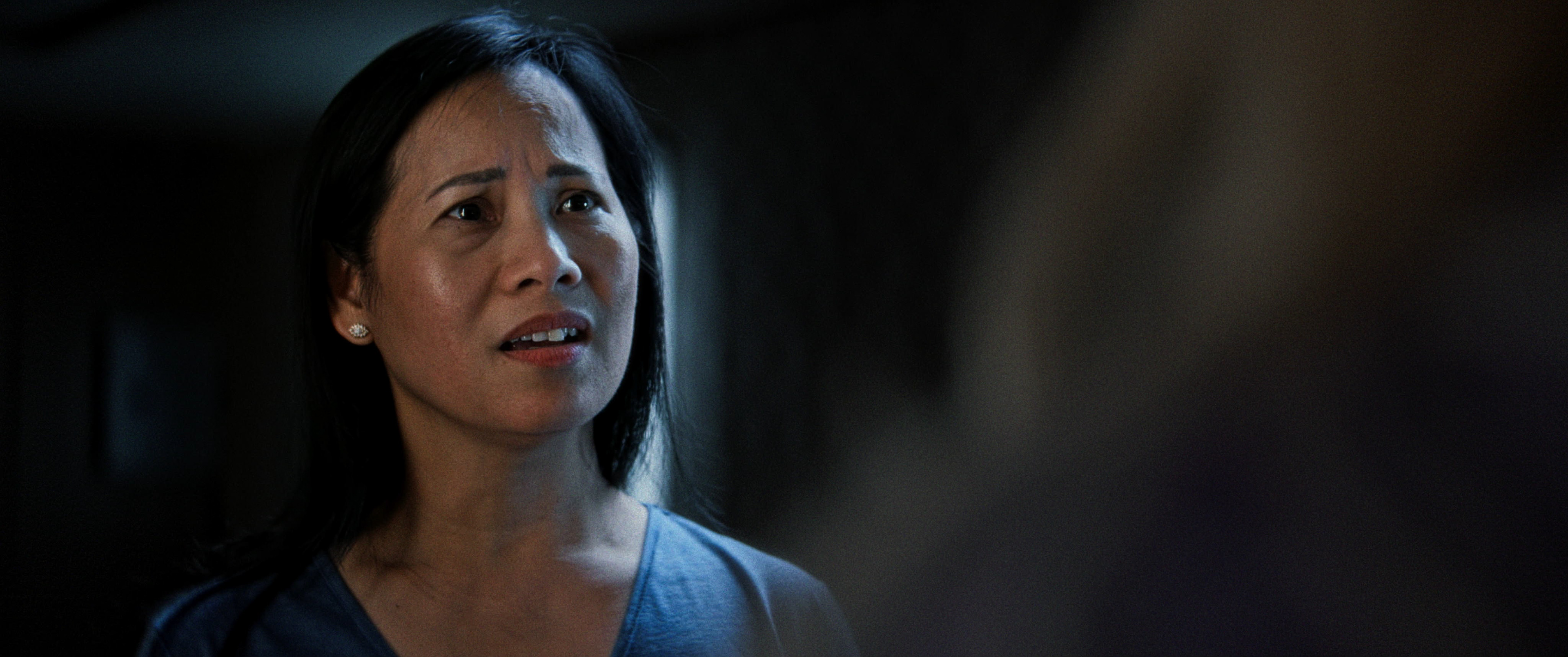
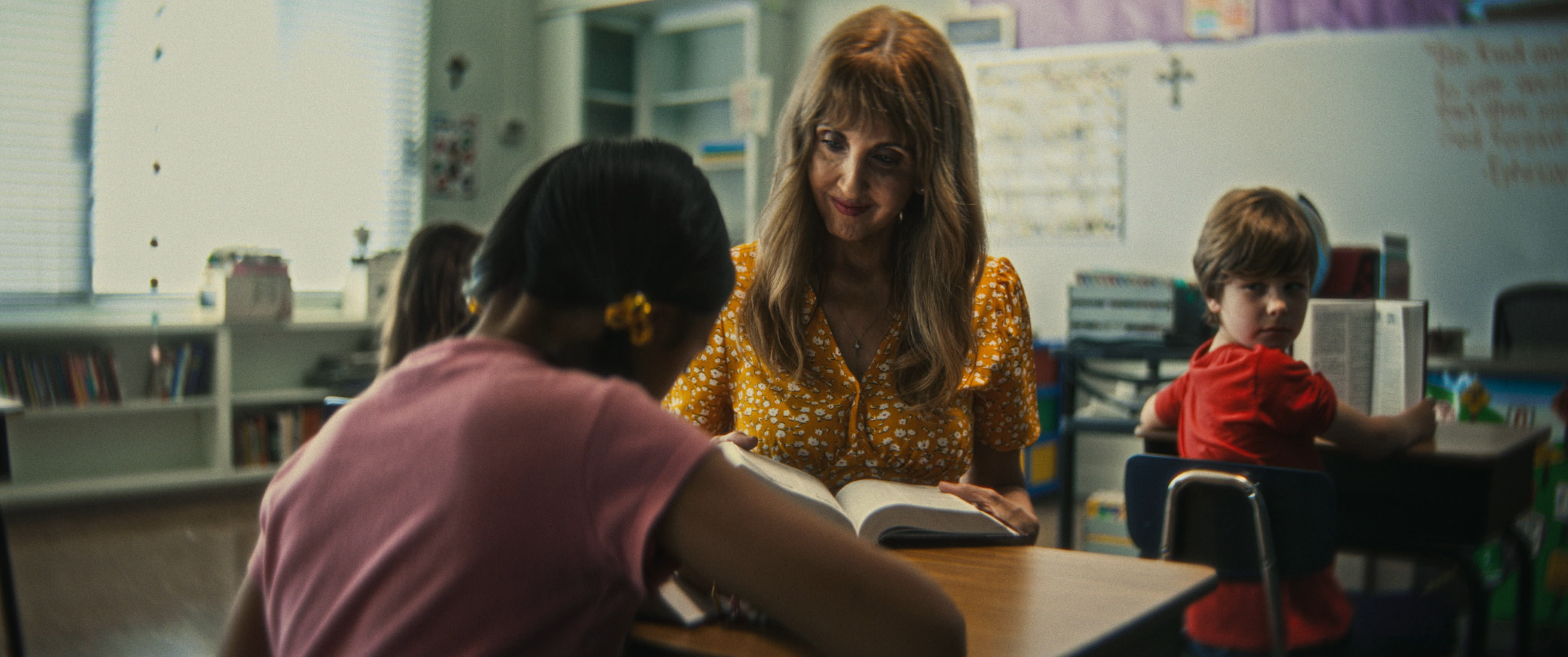
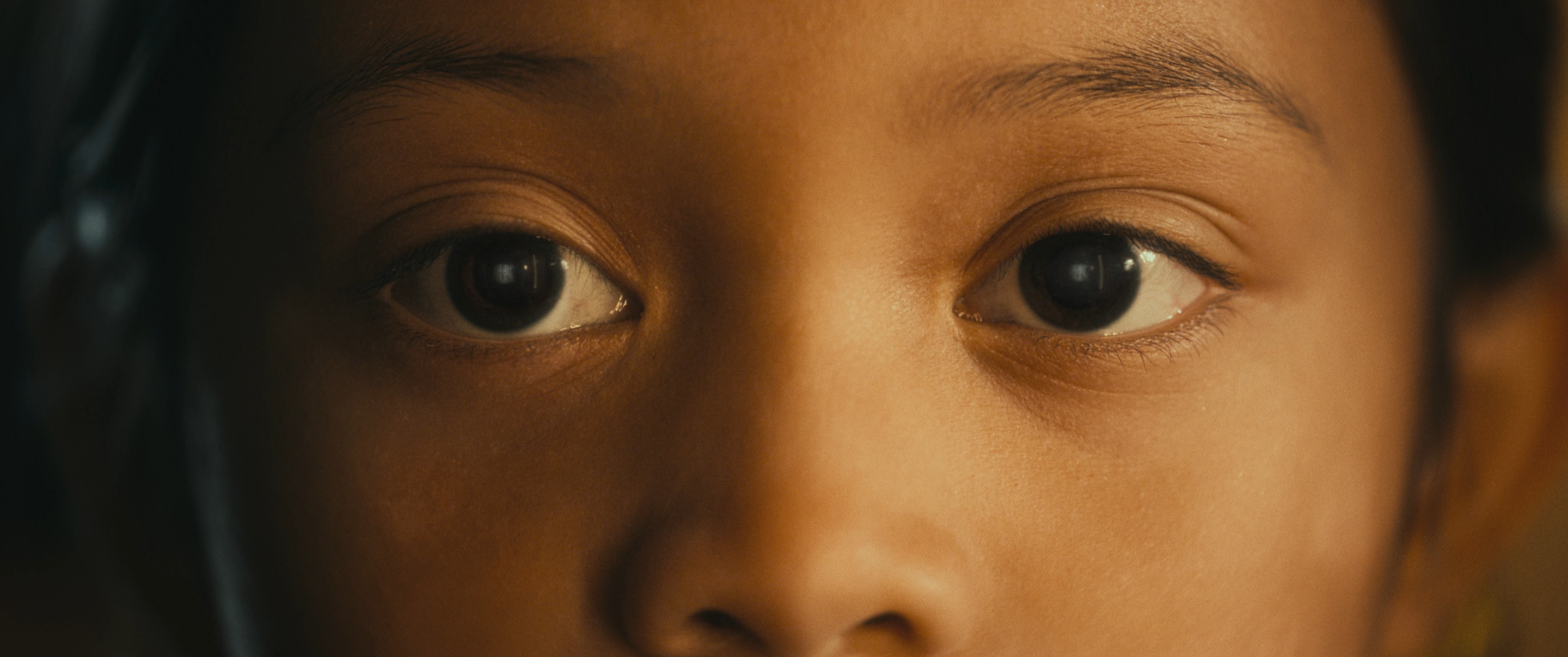
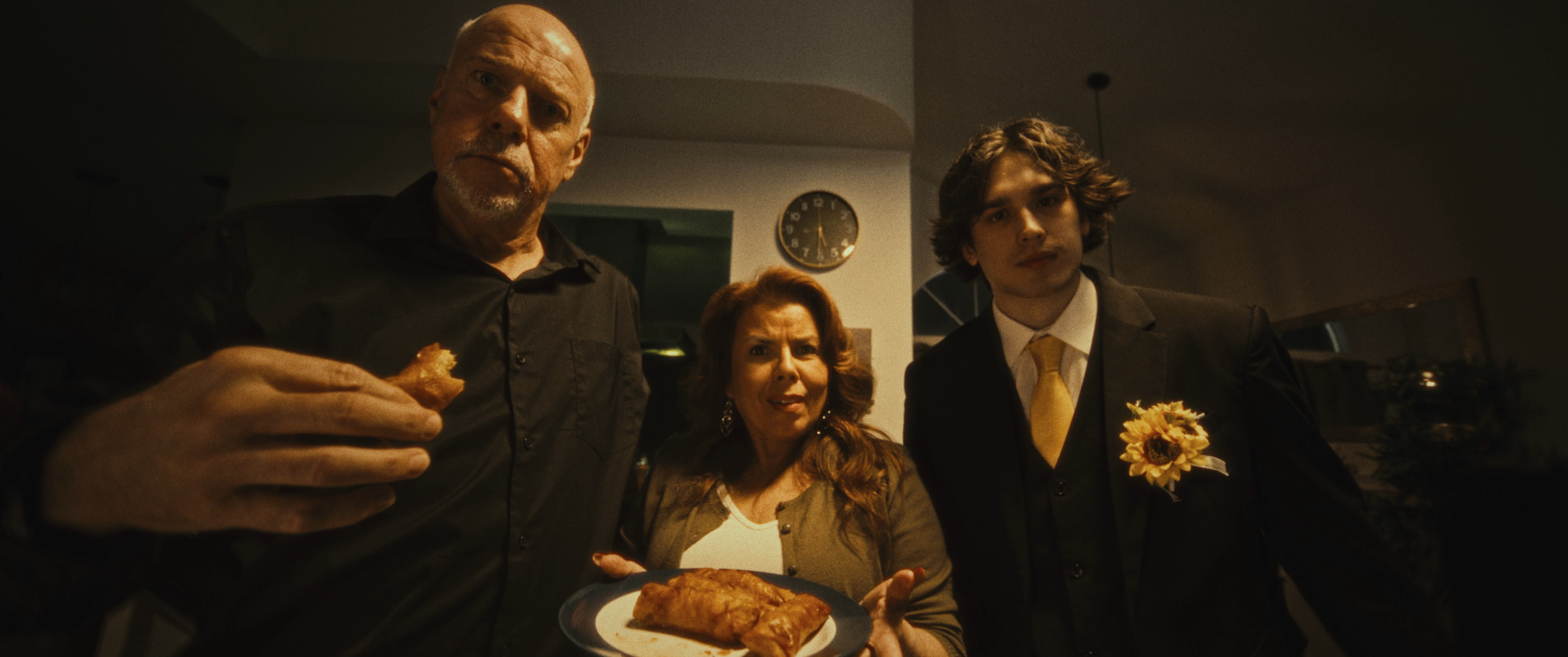
SUGAR, SORRY (2025)
A Filipina-American girl faces two defining days: the anxious world of suburban Sunday school at age 6, and meeting her white boyfriend's passive-aggressive parents at age 16.
FESTIVALS
National Film Festival for Talented Youth 2025 - Official Selection
Los Angeles Shorts International Film Festival 2025 - Official Selection
Flickers' Rhode Island International Film Festival 2025 - Semi-Finalist
Director/Producer: Hannah Ignacio
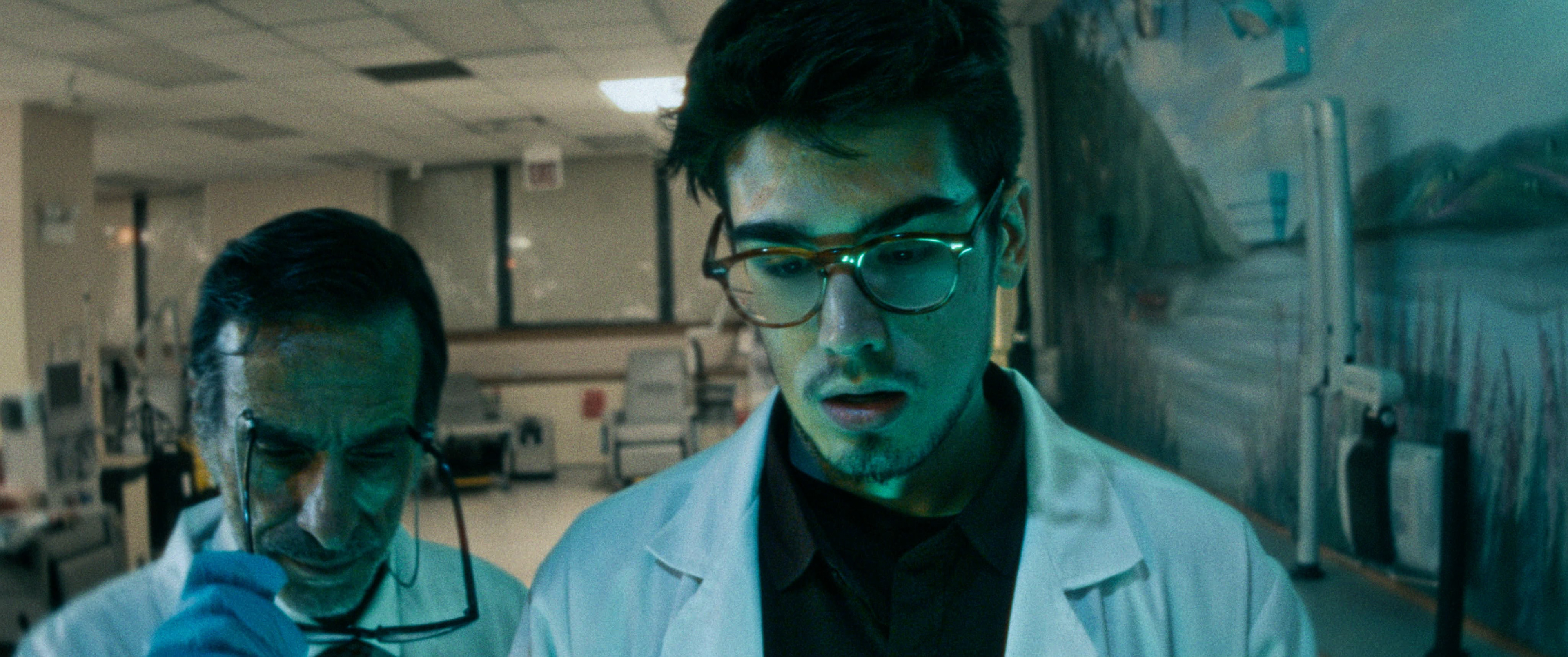
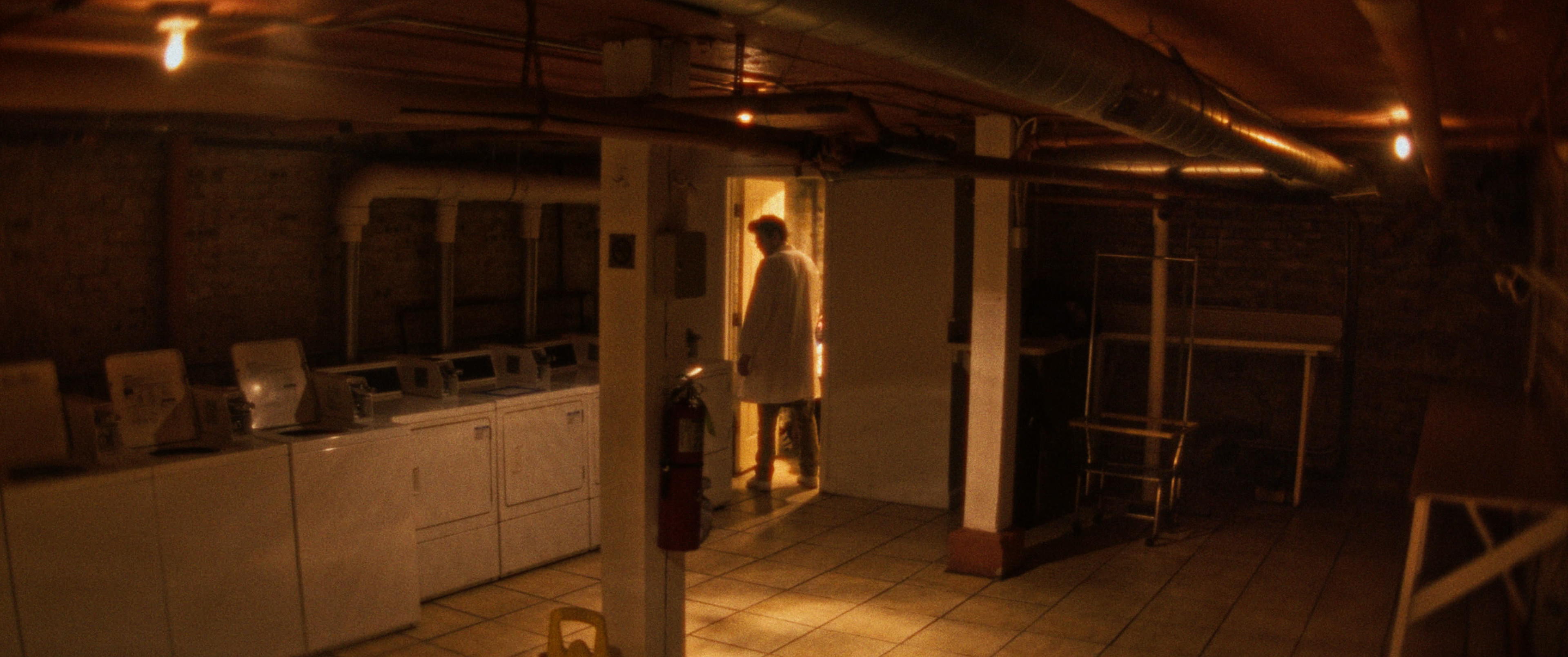
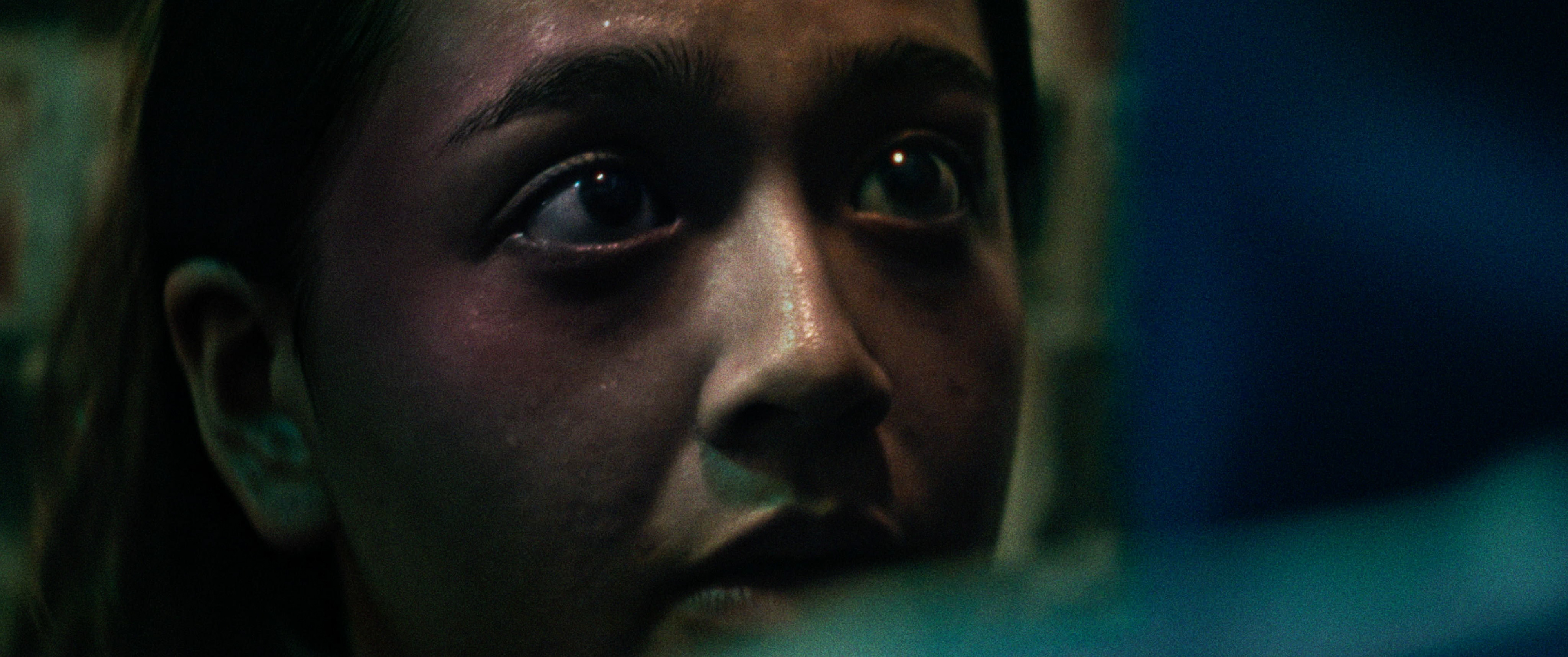
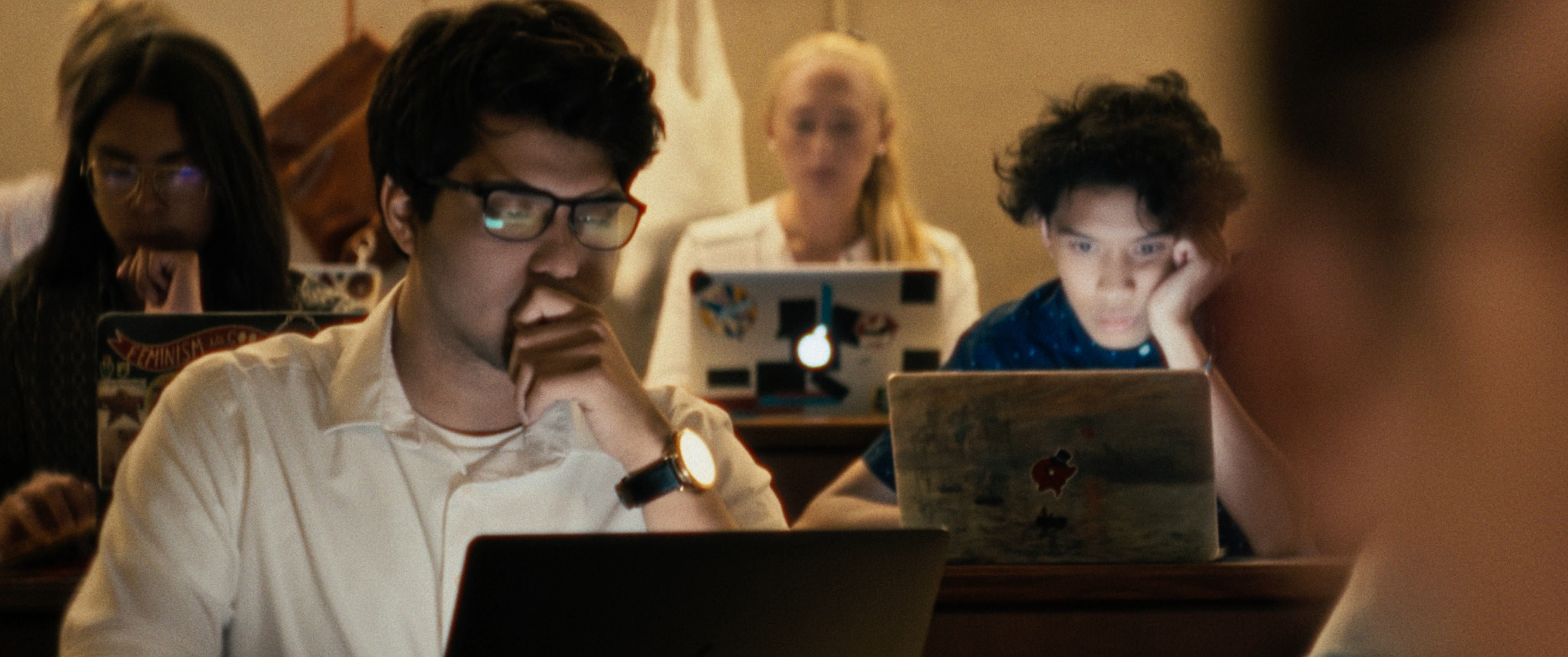
PINPOINT (2025)
Driven by school pressures and unhealthy obsessions, a med student chases success by any means.
FESTIVALS
The Chicago International Film Festival 2025 - Official Selection
Producer/DOP: Hannah Ignacio
TWO HEARTS & A MELODY (2023)
A genuine connection sparked in a record shop grows into a long-term relationship. That is until work stress and burnout begin to surface.
Director: Hannah Ignacio
Producer: Artlist.io
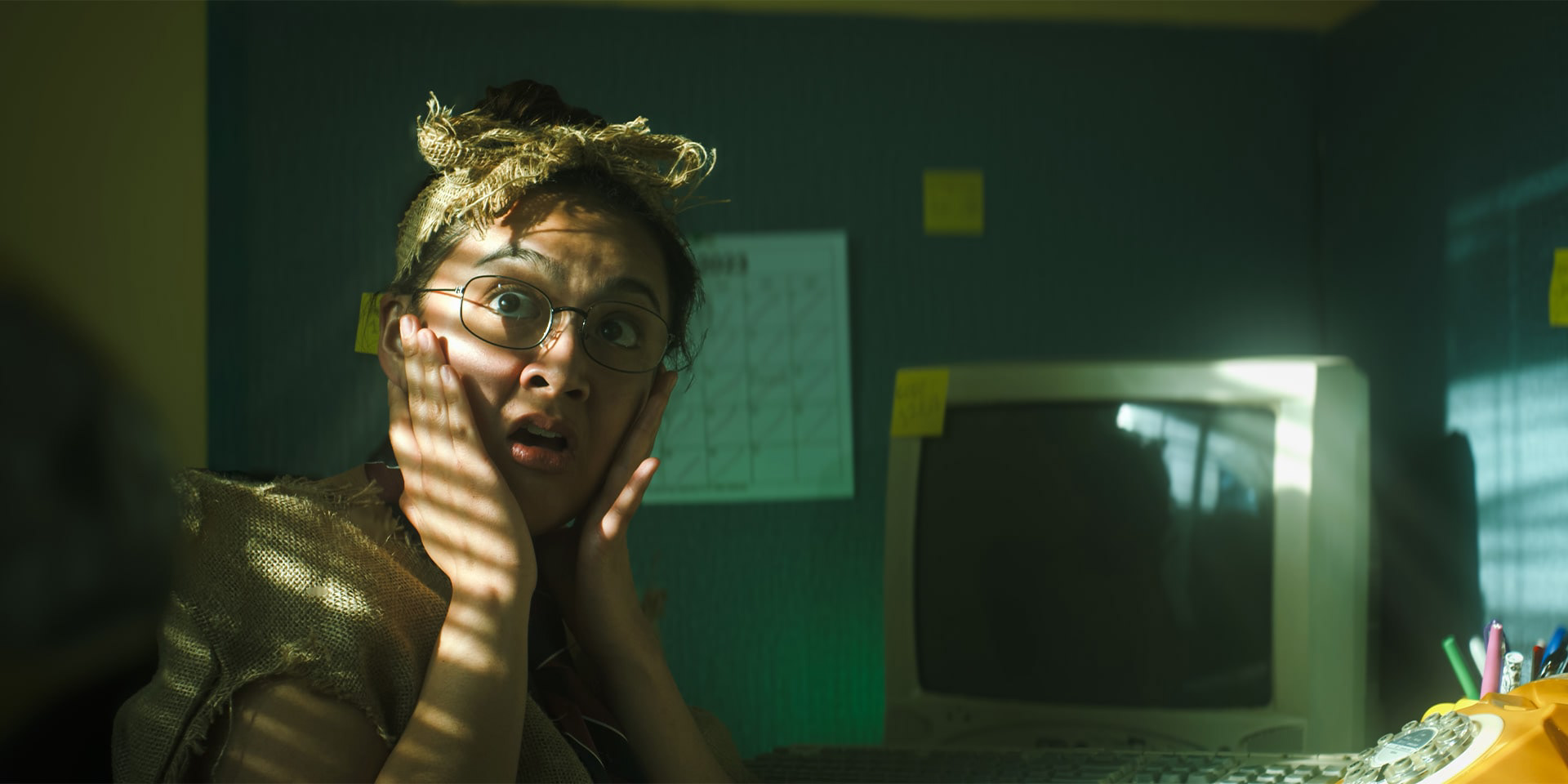
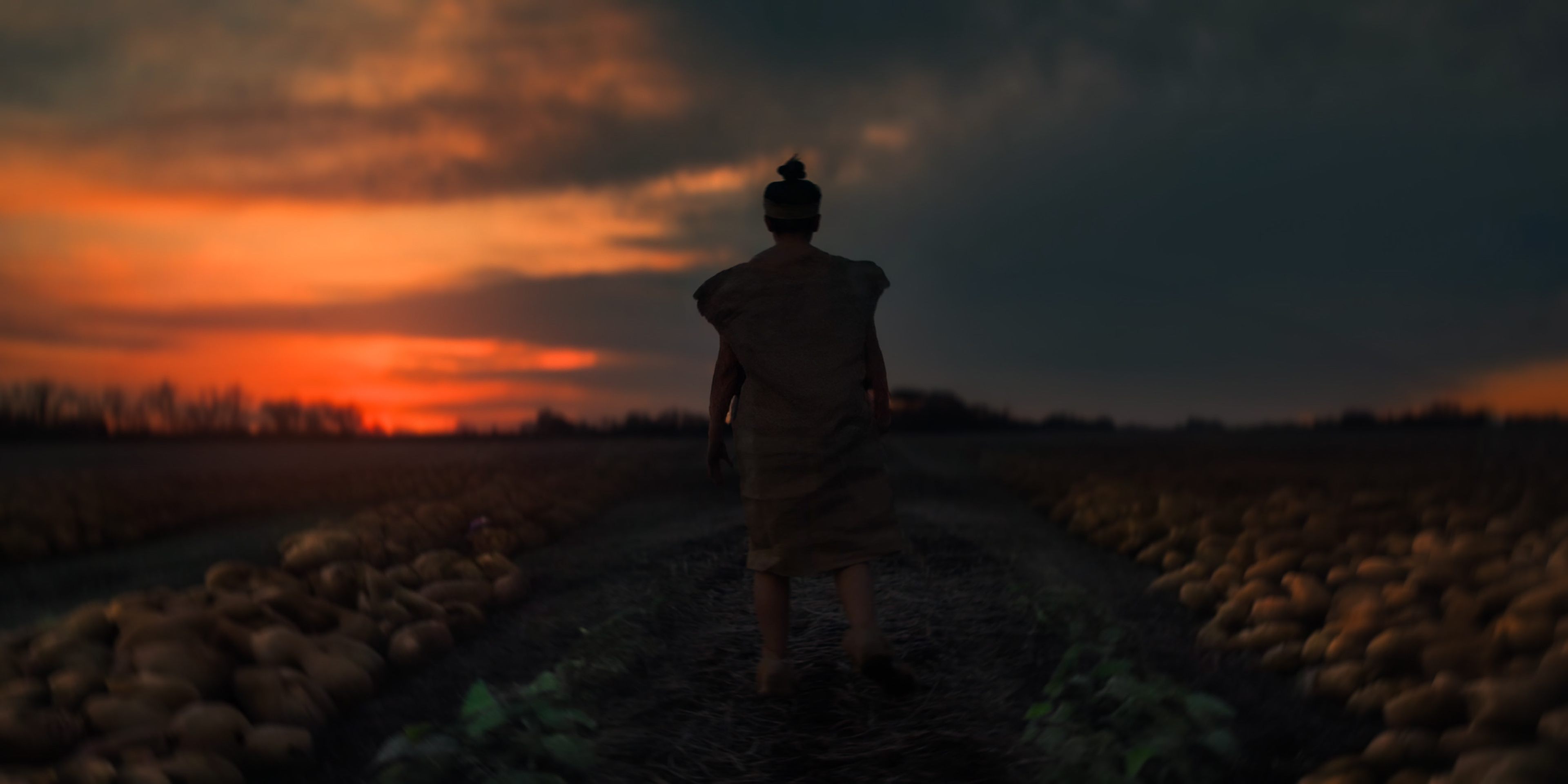
HEARTFELT POTATOES (2023)
A stylized spec ad about a GMO potato that becomes human, trapped in a capitalist, potato-eating society. A surreal look at the complexities of modern life and the urge to return to one's roots.
Producer: Hannah Ignacio
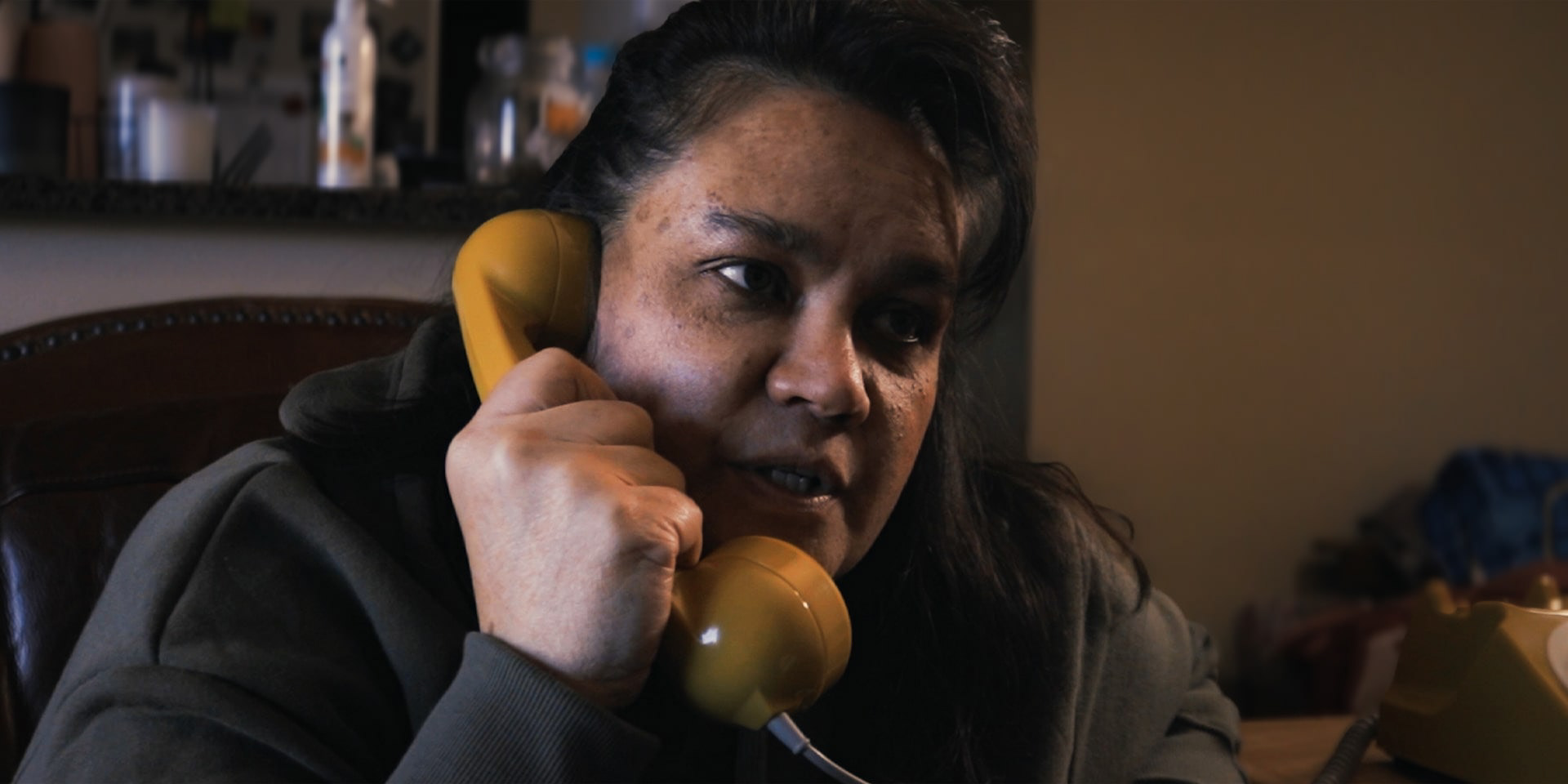
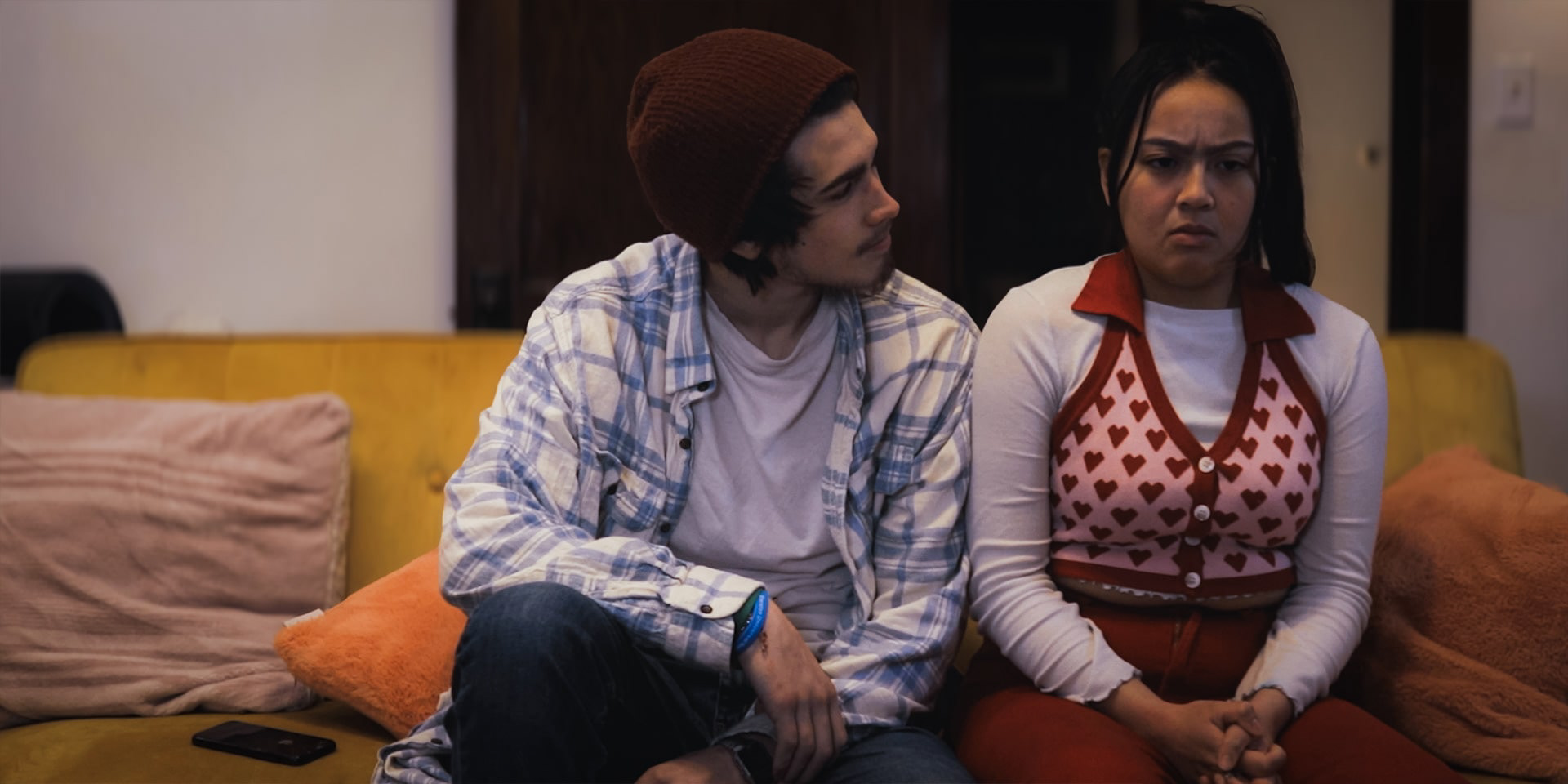
PING.PONG. (2022)
Ping-pong is this girl’s world, but away from home, she makes the bold move to share it with a new-special someone.
FESTIVALS
Chicago International Film Festival CineYouth 2022 - Chicago Award
Bahlsen National Film Competition 2022 - $10K 1st Place Award
Flickers' Rhode Island International Film Festival 2022 - Semi-Finalist
DePaul Premiere Film Festival 2022 - Best Editing, Judge's Runner-up
Producer: Hannah Ignacio
